Description
 Here’s a concise, re‑written summary of current research on AOD 9604:
Here’s a concise, re‑written summary of current research on AOD 9604:
**Lipolytic activity and obesity models**.
* In a 2001 study on obese mice, researchers compared human growth hormone (hGH) and its C‑terminal fragment AOD 9604. After 14 days of intraperitoneal injections, both hGH and AOD 9604 reduced body weight and fat mass. Weight loss correlated with increased expression of β₃‑adrenergic receptor (β₃‑AR) mRNA, the principal lipolytic receptor in adipocytes. Notably, AOD 9604 increased energy expenditure and fat oxidation in β₃‑AR knock‑out mice, suggesting that while the peptide up‑regulated β₃‑AR expression, its fat‑reducing effect does not rely solely on that receptor.
* A separate metabolic study in 2000 examined daily oral dosing of AOD 9604 (500 μg/kg) in obese Zucker rats for 19 days. Treated animals gained only about 16 g versus 36 g in controls, indicating >50 % reduction in weight gain. Adipose tissues from AOD‑treated rats showed increased lipolytic activity, and unlike full‑length hGH, AOD 9604 did not impair insulin sensitivity.
* These mechanistic studies suggest that AOD 9604 promotes lipolysis by elevating β₃‑AR expression, increasing energy expenditure and enhancing fat oxidation.
**Human clinical evidence**
* The most commonly cited human trial is a double‑blind, placebo‑controlled Phase 2B study involving 300 obese adults who took oral doses of AOD 9604 (0–30 mg) daily for 12 weeks. The group taking 1 mg lost about 2.8 kg, while placebo recipients lost 0.8 kg; weight loss continued throughout the study period. Participants given AOD 9604 also showed modest improvements in cholesterol profiles and glucose tolerance. An earlier series of randomized trials assessing safety found that AOD 9604 had no effect on serum IGF‑1, did not impair carbohydrate metabolism, caused no immunogenicity, and showed a safety profile indistinguishable from placebo.
**Tissue regeneration and in vitro studies**
* A 2015 rabbit model of collagenase‑induced osteoarthritis investigated intra‑articular injections of saline, hyaluronic acid (HA), AOD 9604 or AOD 9604 + HA. Rabbits receiving AOD 9604 had better gross and histologic scores than controls, and those given the combination of AOD 9604 + HA exhibited the least cartilage degeneration and the shortest lameness period.
* Patent data from Metabolic Pharmaceuticals reports that AOD 9604 (10 μg/mL) enhanced proteoglycan and collagen content in cultured bovine chondrocyte explants over three weeks and was not toxic to cells. The same document notes that AOD 9604 accelerated differentiation of C2C12 myoblasts within 72 hours at doses as low as 10 μg/mL, without affecting myotube formation or cell proliferation.
**Cancer‑related research**
* A 2022 study examined chitosan nanoparticles loaded with doxorubicin and AOD 9604 (hGH fragment 176‑191). In silico docking and cell viability assays showed that the dual‑loaded nanoparticles improved doxorubicin binding to breast‑cancer receptors and produced greater anti‑proliferative activity against MCF‑7 breast‑cancer cells compared with doxorubicin‑only nanoparticles. The authors concluded that AOD 9604 may enhance drug accumulation in tumors and reduce off‑target toxicity.
**Conclusion**
Early animal studies and limited clinical trials suggest that AOD 9604 can stimulate lipolysis, reduce weight gain, and possibly aid cartilage repair without the metabolic side effects associated with full‑length hGH. In vitro and patent data imply potential roles in cartilage regeneration and myoblast differentiation. AOD 9604 has also been explored as an adjunct to enhance chemotherapeutic delivery. Nonetheless, the peptide remains a research compound; more rigorous, peer‑reviewed clinical studies are needed to clarify its therapeutic efficacy and safety in humans. PLEASE NOTE THAT ALL PRODUCTS FEATURED HERE ARE INTENDED EXCLUSIVELY FOR RESEARCH AND DEVELOPMENT PURPOSES. THEY ARE NOT DESIGNED FOR ANY FORM OF HUMAN CONSUMPTION. THESE PRODUCTS HAVE NOT UNDERGONE EVALUATION BY THE U.S. FOOD AND DRUG ADMINISTRATION.

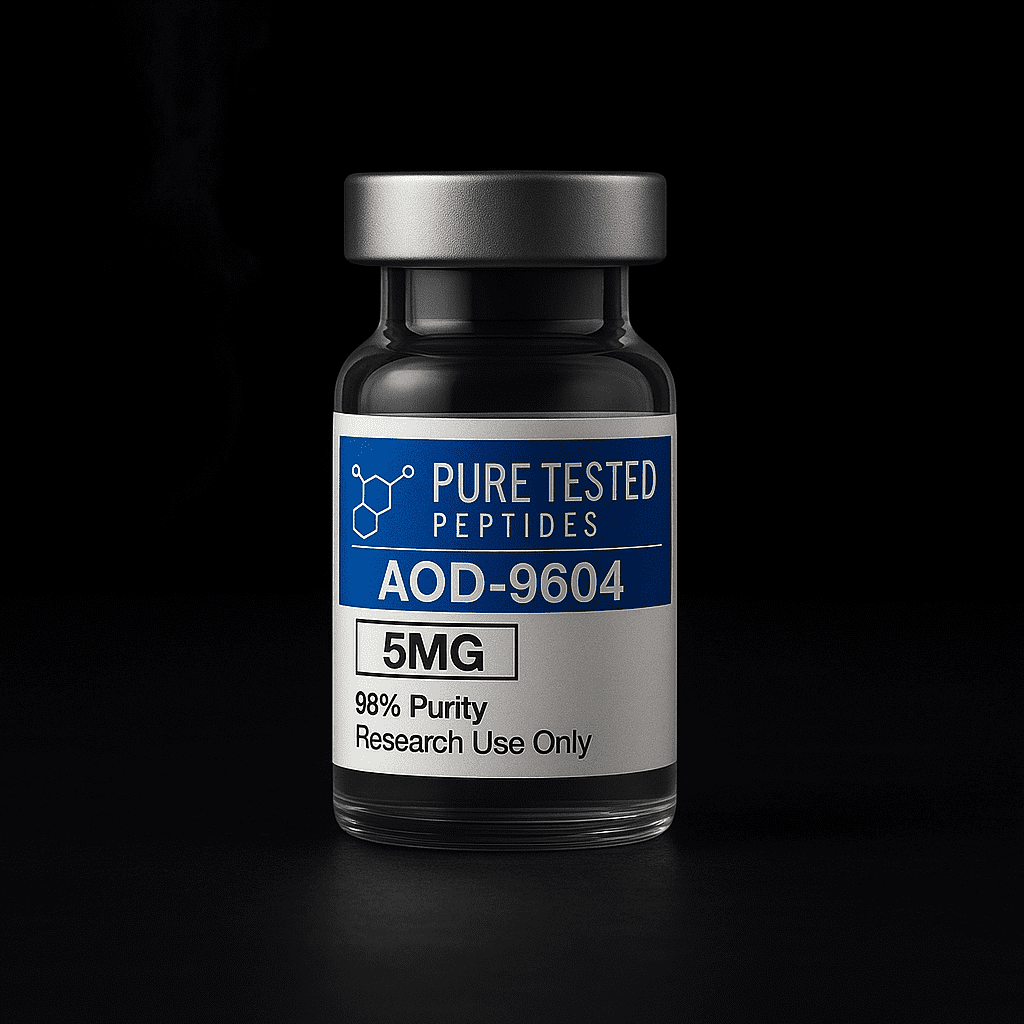
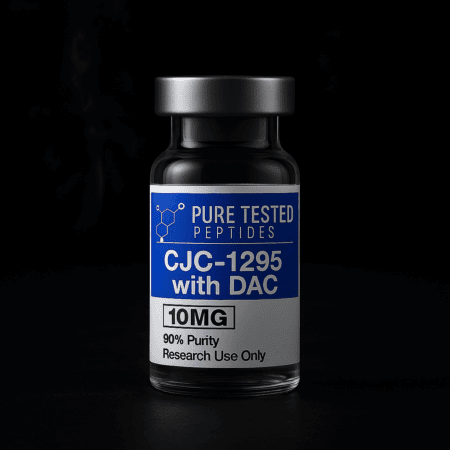
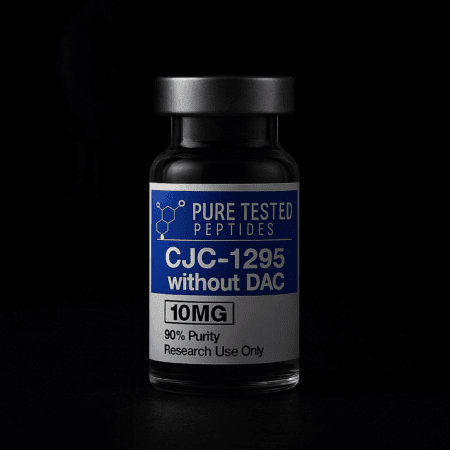
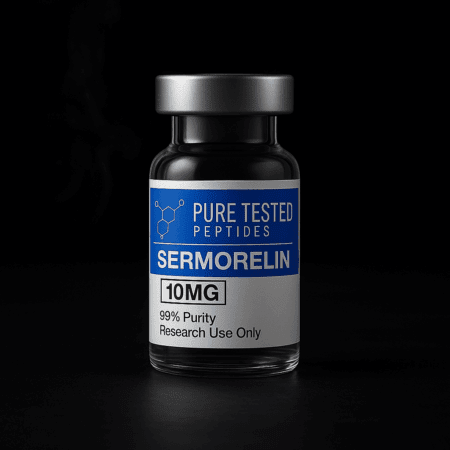
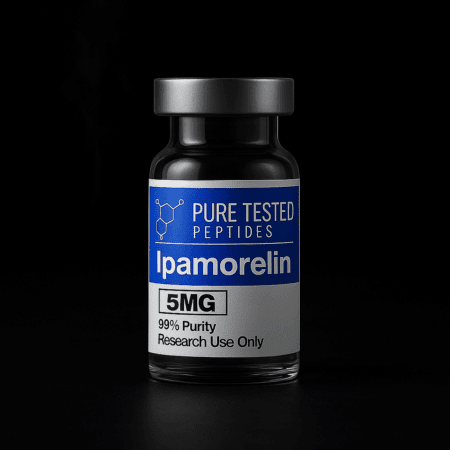


Reviews
There are no reviews yet.